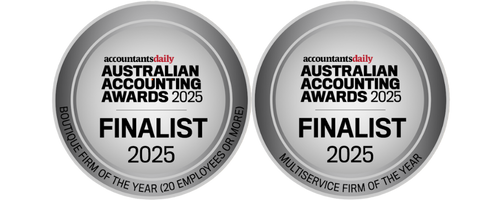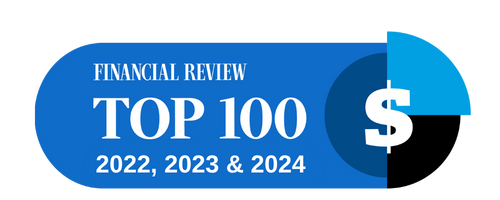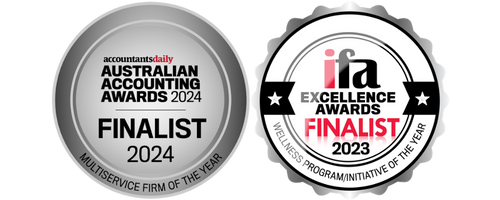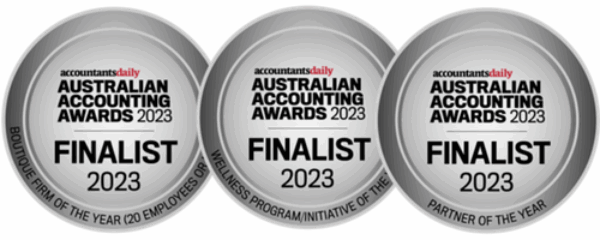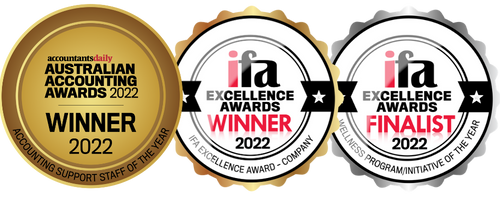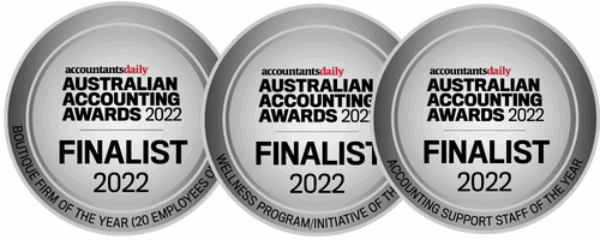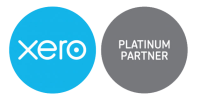Every year at Walshs Practice, we see the same “small but surprisingly complex” questions pop up in meetings with our medico clients.
These questions might seem minor, but the answers can make a real difference to your refund and tax position.
Below are ten of the most common (but uncommon!) tax questions we are asked and their answers:
Quick Links
- Can I claim the initial costs of starting work?
- Can I claim legal fees, initial costs, and repairs on a new investment property?
- Can I claim my R.M. Williams boots or other “work clothes”?
- Do I need receipts for every single deduction?
- Can I claim relocation costs when moving hospitals or jobs?
- Are donations tax-deductible?
- Do I claim an expense when I buy it or when I use it?
- Can I claim an overtime meal allowance?
- Can I claim visa costs or work-related checks?
- How do I calculate my mobile and internet work percentage?
1. Can I claim the initial costs of starting work?
In most cases, no, but there are exceptions.
Expenses you incur before earning income are typically capital or private in nature and therefore not deductible in the year incurred. This includes things like preparing your CV, interview costs, setting up a business entity, and registering for provider numbers.
However, if there is a sufficient connection (nexus) between the expense and future income, a deduction may be available.
Example: If you pay for your medical indemnity insurance a month before starting private work, this can generally be claimed in the year incurred.
Keep detailed records of your setup costs. Even if they are not immediately deductible, some may form part of the cost base of your business or assets down the track.
2. Can I claim legal fees, initial costs, and repairs on a new investment property?
When purchasing an investment property, understanding what’s deductible versus what’s capital is key to getting your tax position right.
- Stamp duty, legal, and conveyancing fees are capital costs — they form part of the cost base of the property and help reduce any future capital gain.
- Pre-purchase or initial repairs — work done to fix existing issues before the property is rented are treated as “initial repairs”. These are not immediately deductible and are added to the property’s cost base or depreciated over time.
Example: Dr. Patel buys an investment property and repaints the interior after settlement but before the property is rented. Because this is an initial repair to remedy an existing condition, it is capital in nature and not deductible upfront.
Future maintenance on the same walls once the property is rented would generally be deductible. Keep a detailed record of your settlement statement, invoices, and repair history to support both depreciation and capital gains calculations in future years.
3. Can I claim my R.M. Williams boots or other “work clothes”?
In most cases, no, even if you only wear them to work.
The reason is that conventional clothing, like R.M. Williams boots or general professional attire, can be worn outside of work. The potential for private use is what makes these expenses non-deductible, regardless of your actual use.
Deductible items include:
- Protective clothing (e.g. non-slip shoes required in theatres or labs)
- Occupation-specific uniforms with logos or unique designs
If your employer requires protective wear, keep a copy of the policy on file to support your claim.
4. Do I need receipts for every single deduction?
Not always, but keeping records is highly recommended.
- You can claim up to $300 of work-related expenses without receipts, but you must still be able to show how the claim was calculated (e.g. through a diary, spreadsheet, or similar record).
- For small purchases under $10, receipts are typically not required if you record the expense elsewhere (such as in a log or diary).
- For car expenses, you can claim up to 5,000 km under the cents-per-kilometre method without detailed logs.
- For travel and incidentals related to professional development or work trips, bank statements may be acceptable if receipts are unavailable.
Digital receipts and photos are perfectly acceptable. The ATO is increasingly data-driven, so detailed evidence is your best defence.
5. Can I claim relocation costs when moving hospitals or jobs?
Unfortunately, relocation costs are not deductible, even if your employer requires the move.
- Flights and accommodation during relocation
- Removalists and shipping
- Temporary rent or storage
These are considered private expenses. If you receive a Living Away From Home Allowance (LAFHA), it is generally not assessable income, but you cannot claim related expenses either.
Once in your new role, travel between hospitals, clinics, or patient visits may be deductible as work-related travel.
6. Are donations tax-deductible?
Yes, provided they meet the ATO’s criteria:
- The donation must be made to a Deductible Gift Recipient (DGR).
- You can’t receive a material benefit in return (e.g. raffle tickets, dinners, merchandise).
- Keep a receipt stating the DGR status.
Claim the deduction in the year the donation is made.
7. Do I claim an expense when I buy it or when I use it?
It depends on the item’s value and type:
- Immediate deduction: Items under $300 can generally be claimed in full in the year purchased.
- Depreciation: Higher-value assets (e.g. laptops, phones, diagnostic tools) are claimed over their effective life or under instant asset write-off if eligible.
If you use the asset partly for work and partly for personal use, only the work-related portion can be claimed.
8. Can I claim an overtime meal allowance?
If your employer pays you an overtime meal allowance and it’s shown on your income statement, you can generally claim a deduction up to the ATO’s reasonable limit without receipts, or the actual amount spent if you have receipts.
You must have actually incurred the cost of the meal during overtime hours.
Example: A hospital registrar who works an unexpected 14-hour shift receives an overtime meal allowance on their income statement and buys dinner that night. They can claim the deduction.
9. Can I claim visa costs or work-related checks?
- Visa application fees are personal and not deductible.
- Mandatory work-related checks required for your current role are deductible. This includes:
- Police checks
- Working with Children checks
- Medical examinations or vaccinations required by your employer
These costs are deductible only once you’ve commenced work, not before.
10. How do I calculate my mobile and internet work percentage?
You can only claim the work-related portion of your phone and internet.
It is recommended to keep a four-week representative log:
- Track work vs personal use.
- Calculate your work-use percentage.
- Apply it to your total annual cost.
Example: If your work usage is 40% of your total phone use and your annual bill is $1,200, you can claim $480.
Final Thoughts
Small tax questions often make the biggest difference. For busy medical professionals, it’s easy to overlook legitimate deductions or unintentionally claim private expenses.
At Walshs Practice, we specialise in accounting and financial services for medicos, from interns to specialists and practice owners. Our team helps you understand the finer details of your tax position and maximise every legitimate deduction.




